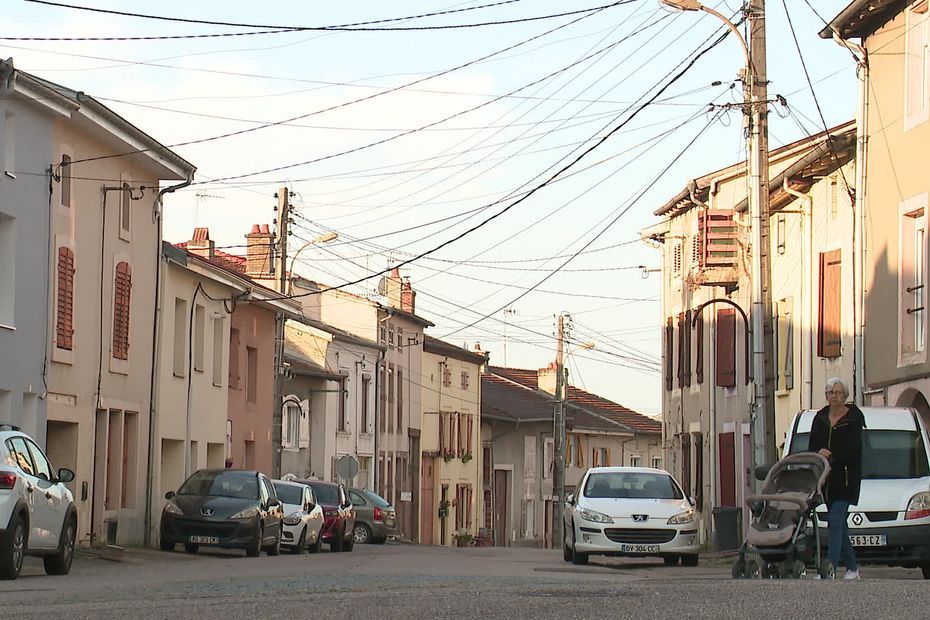Approximate reading time: 2 minutes, 30 seconds
The situation in the Gaza Strip has become increasingly tense, as the Israel Defense Forces (IDF) have announced the preparation of a “major ground operation” in the region. This announcement follows the expiration of the evacuation deadline for civilians to move from the north to the south of Gaza. As Israel prepares for an escalation of its offensive, the ongoing conflict with Hamas and other Palestinian militias continues to claim lives and wreak havoc in the region.
The IDF has stated that it is finalizing preparations to expand its offensive in Gaza. This includes the implementation of a “wide range of offensive operational plans” involving coordinated attacks from the air, sea and land. In addition, hundreds of thousands of reservists are being recruited and troops are being provided with the necessary equipment for the impending ground offensive.
Death of Hamas leader
Amid the escalating conflict, the IDF and the Shin Bet reported the death of Ali Kachi, the Hamas leader who led the October 7 attacks. Kachi, who had previously been arrested in 2005 for kidnapping and killing Israelis, was freed as part of the Gilad Shalit hostage release deal.
Israel has deployed at least 35 battalions in the border area with Gaza, signaling its readiness for a large-scale offensive in the enclave. This deployment includes tanks, armored vehicles, bulldozers, tankers and gun jeeps. The intensification of the conflict is imminent.
Israel’s warning to civilians in Gaza to evacuate the northern area has been followed by constant bombing in the Strip. In response to the Israeli attacks, Hamas has announced that it will continue killing hostages if the bombings continue. In addition, they have denounced the lack of security in the humanitarian corridors designated for the evacuation of civilians.
The forced evacuation of 1.1 million Gaza residents in 24 hours has been rejected by the United Nations and several international NGOs. They consider that this measure constitutes forced displacement that could trigger a humanitarian catastrophe and violate international humanitarian law.
The situation in Gaza is exacerbated by Israel’s preparation for a major ground operation, the death of a Hamas leader, and continued armed conflict. Meanwhile, the international community has expressed concern about the humanitarian situation in the region and the risk of a further escalation of the conflict. The region is on the brink of a humanitarian catastrophe in the midst of a crisis that has already claimed a high number of lives.
The operation
According to a New York Times story, this operation involves urban combat in a densely populated area, the presence of human shields and the possibility of hostages, making it an unprecedented challenge for the Israel Defense Forces.
Gaza’s uncertain future
Great uncertainty surrounds the future of Gaza City and the interpretation of the “destruction of Hamas leadership” due to its deep integration into Gaza society.
Hezbollah response
In addition, concerns are emerging about Hezbollah’s possible response, which could open a second front along the Lebanese border and further complicate the situation.
Modifications to the rules of engagement:
To meet these challenges, Israel has modified its rules of engagement to allow for a more rapid response to emerging threats.
Formidable arsenal
The operation will be carried out with a full arsenal, including infantry, tanks, sappers, commandos, air support, drones and artillery. The main objective is to defeat Hamas and eliminate its leaders, with special attention to Yahya Sinwar.
hostage dilemma
The possible situation of Hamas hostages in underground bunkers and tunnels poses a moral and operational dilemma for Israeli forces.
Future governance
The future governance of Gaza after the eventual defeat of Hamas is a complex issue that is being debated. This includes the role of the Palestinian Authority and has implications beyond regional stability, as it could trigger a humanitarian crisis in the region.
As Israel prepares for this major operation, the region is watching cautiously, aware of the significant implications this invasion could have on the ongoing conflict and the Middle East as a whole.




